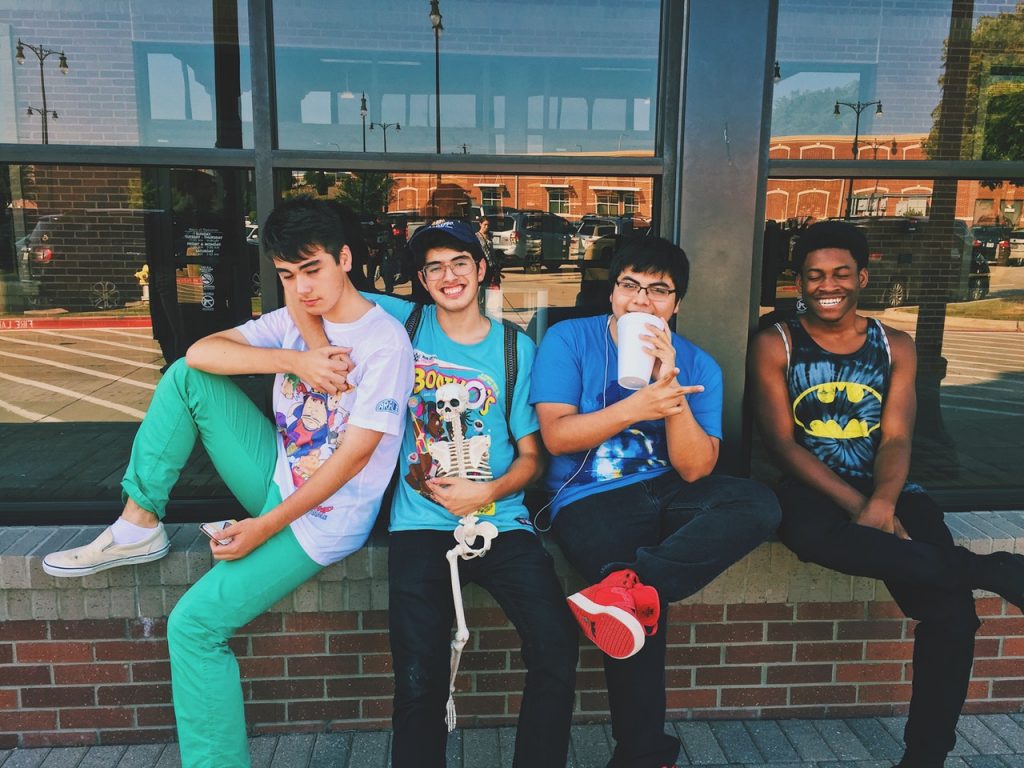
Adults are not the only people who commit crimes. In fact, it is very easy to get wrapped up in a life of crime when you are young and impressionable. Juvenile cases are frequently reported on the news in every major city across the USA.
If you’re a parent, you know that it would be impossible to monitor your child every moment of every day. Part of child development is pushing boundaries to learn where the lines of acceptable behavior are drawn and where the individual fits into society.
Sometimes our decisions as minors can change the entire course of our lives for the worse.
How does the California Juvenile System Work?
To know how the Juvenile Justice System works, we must first understand who can be tried in a juvenile court. Typically, minors between 7 and 15 years old make up the bulk of juvenile cases, but children between 12 -18 years old can be tried as adults by the prosecution if the crimes are serious enough.
The Juvenile Justice System works as follows:
- After making an arrest, the police can either release the offender to his or her guardians or take him or her to the Juvenile Hall.
- Once at the Juvenile Hall, the Probation Department in charge of the Juvenile Hall will either release the minor or book him or her. The Juvenile Hall is usually filled with juvenile offenders with serious crimes, so booking will depend on the severity of the crime.
- If booked, the County Probation Officer or District Attorney can file for a petition with the Juvenile Court or request that the court remand the offender to an Adult Court.
- If tried and convicted in a Juvenile Court, the minor will be sent to foster care, a group home, a rehabilitation camp, community service, or sent to the Youth Authority.
- On the other hand, if the minor is convicted as an adult, the court will likely send him or her to the County Department of Corrections or the Youth Authority until he or she is 24 years of age.
Whether the justice system should continue convicting some minors as adults has been one of the biggest debates in our legislature. In the Assembly and Senate, officials are debating on laws that impact juvenile offenders and their ability to begin a new life as adults without the stigma of being a juvenile delinquent.
Some of these laws have already been passed by the governor and should be in effect in the coming years.
- AB 1390 – Beginning this year, a few selected counties will be given the mandate to establish a pilot program that would operate a deferred entry of judgment pilot program for eligible defendants. This Bill was signed into law to amend Section 1000.7 of the Penal Code. According to the Bill, the pilot program within the Alameda, Butte, Napa, Ventura, Nevada, and Santa Clara, only those who were under the age of 25 at the time of the offense can participate in the program if found eligible by the multi-disciplinary team.
- AB 1423 – This Bill allows for individuals who were tried and convicted as adults to transfer their case to a juvenile court in the event that the individual was not convicted for all offenses. This Bill is especially significant for individuals like Michael, who would have hoped to receive a reprieve from their juvenile time.
- AB 965 – The Bill adds to Section 3051 of the Penal Code and now requires youth offenders who are eligible for a parole hearing to have a hearing within 6 months of their eligibility.
Juvenile criminal laws can be dynamic and often entail long years of fighting for the chance to turn over a new leaf. Criminal Defense Hero is here to guide you through the process of getting past the mistakes you made as a kid and create a new, great life. We believe that everyone deserves a second chance.









